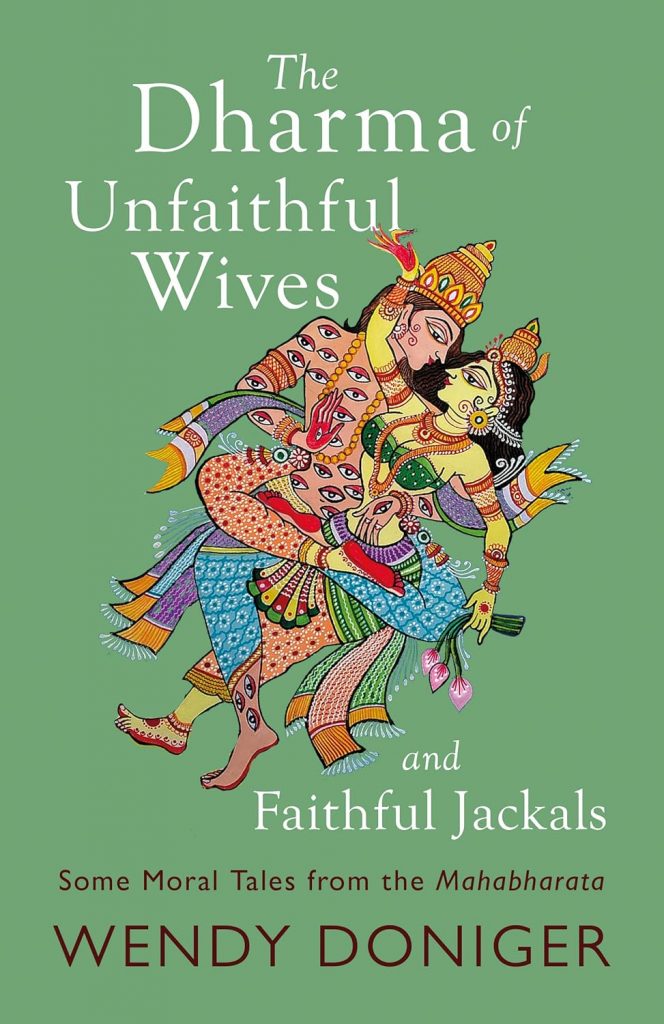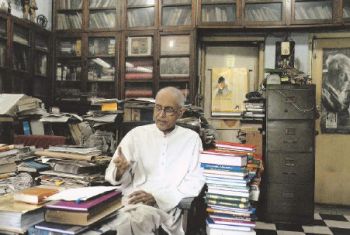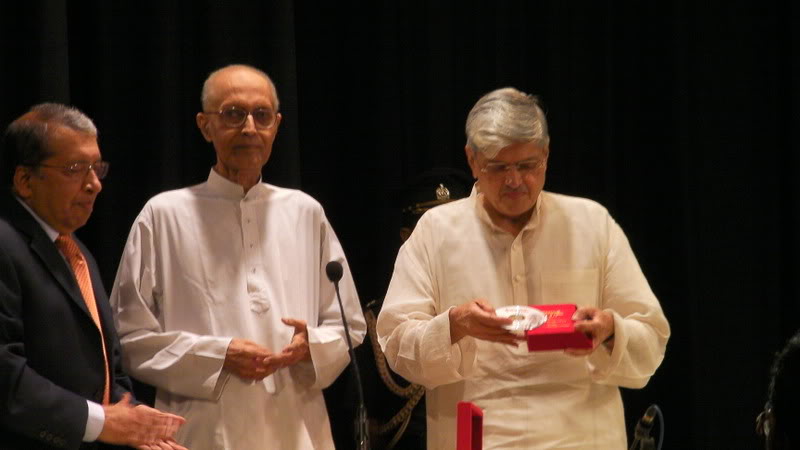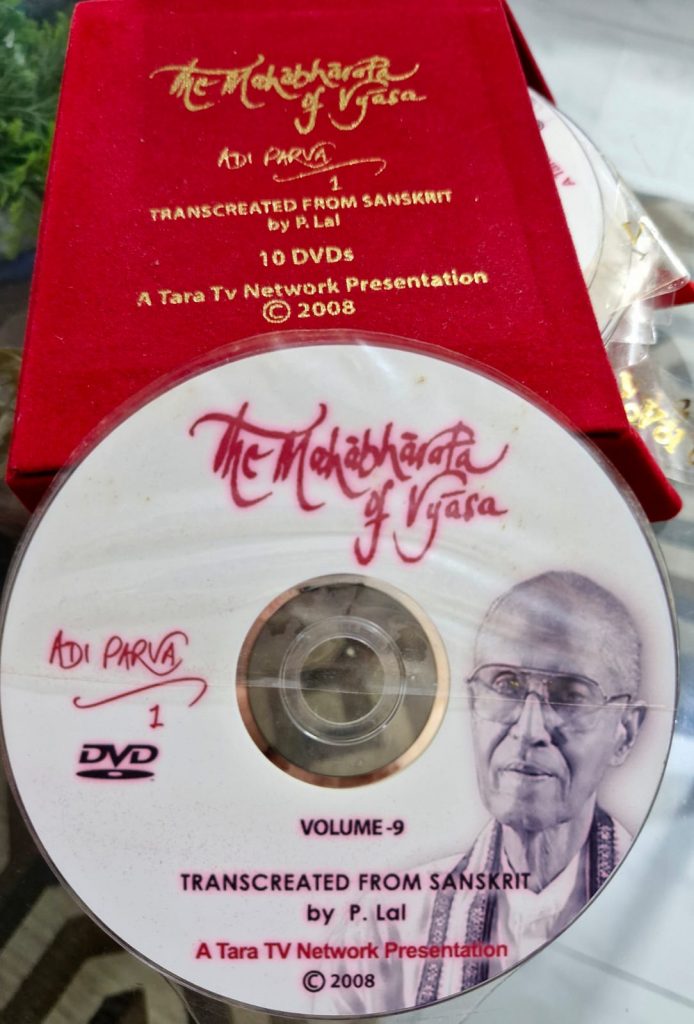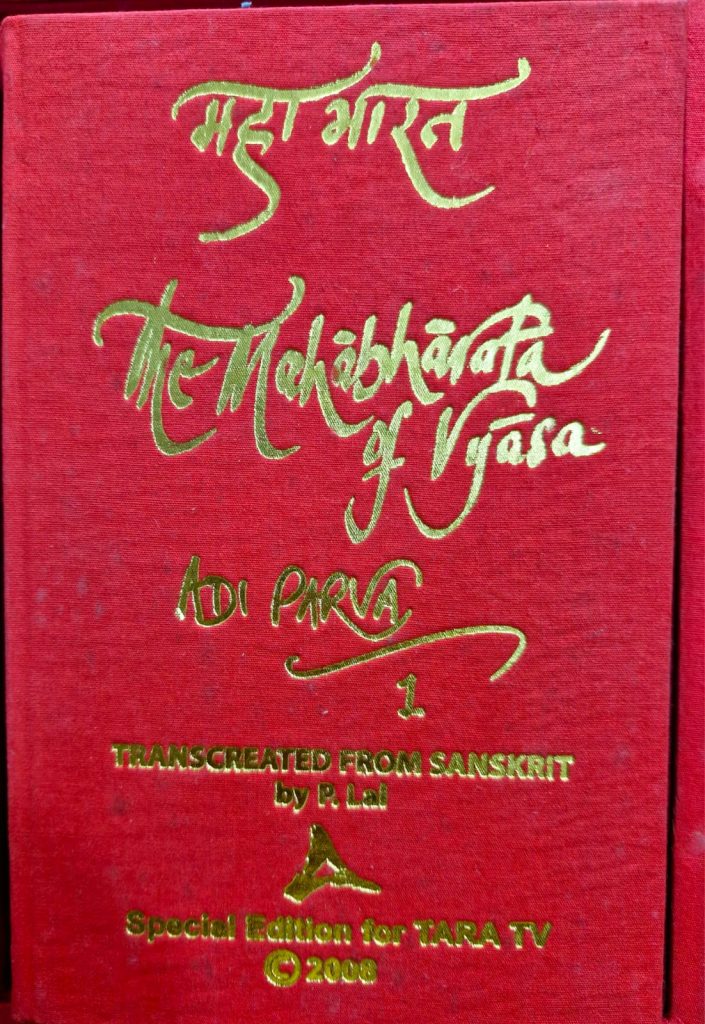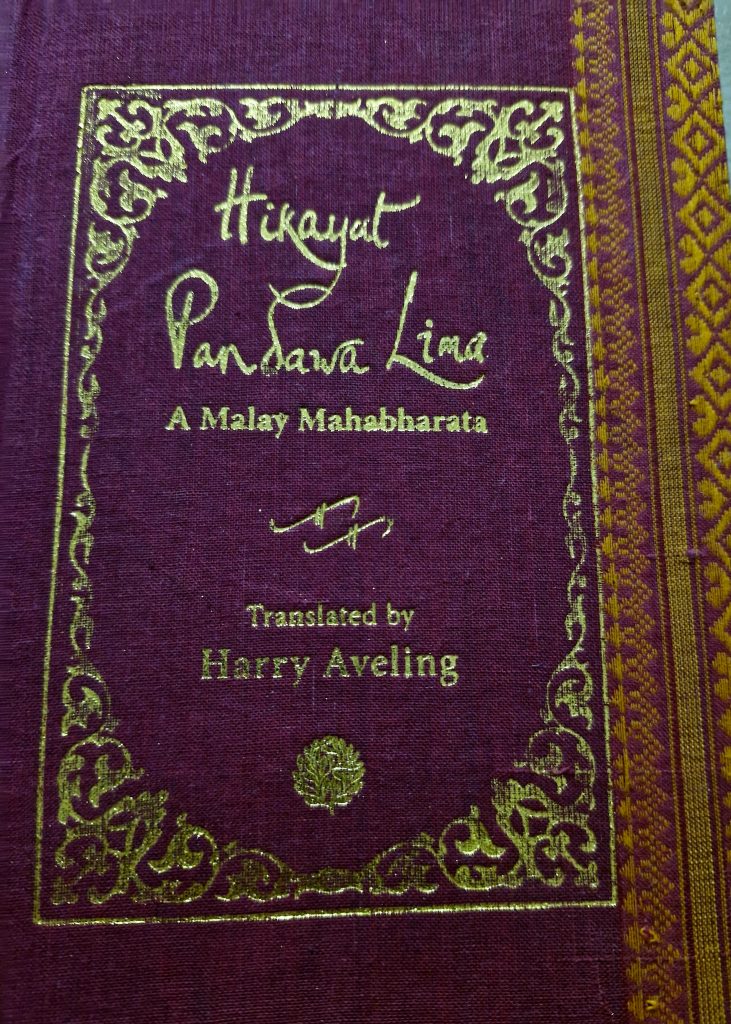(The following is the first page of the letter written by my wife Nandita’s paternal grandfather, the late Nirmal Chandra Ray, to Shri Mahadev Saha, at The Asiatic Society, Calcutta containing an account of his father, the late NAVINA CHANDRA RAY who founded the Brahmo Samaj of Lahore. The remaining part of the letter is missing. Information of Navina Chandra Ray has been added from other sources mentioned below.)
Shri Nirmal Chandra Ray, B.A., D.Ed. (Oxon)
c/o Shri N.C. Ray, M.Sc., DIISc…TE
Sr. Supdt. Of Police, Radio,
Madhya Pradesh. Bhopal
To
Shri Mahadev Saha
Asiatic Society
Calcutta-16
Dear Sir,
Your article in The Tribune was clipped by my daughter in Chandigarh & sent to me. It reached my hands a few days ago. Indeed I was highly delighted and thanked you in my heart to find that you had taken up the work of writing a monograph on my noble father.
I am the eldest son of Pt. Navina Ch. Rai and at present living with my son Nalin Chandra Ray, Sr. Supdt. Of Police (Radio) at Bhopal. My grandfather came to Meerut from Calcutta, in the thirties of the 18th century along with the British regiment in the Commissariat Department. But at the age of eight, my father became an orphan & had to sustain his widowed mother too. He immediately joined a local school located at a distance of six miles and covered 12 miles on foot; and in this manner self-educated himself. At the age of 16 entered service, instead of spending money on luxuries, he set apart a portion of the pay for tutors and learnt Sanskrit from a Pundit & Persian from a Maulavi. He had a natural aptitude for learning and became master of seven languages—Hindi, Bengali, Sanskrit, Urdu, Persian, Arabic & English. When he was hardly 21 he was asked to go to Lahore on a higher post, which required knowledge of mathematics. There were no railways beyond Ambala & the journey thence onward to the Punjab capital had to be undertaken on camel back. It took one month to reach that destination moving at snail-speed. He finished the study of Wood’s Algebra, Trigonometry & Conics during the journey, notwithstanding the severe jolting of the camelian stride. His Officer was astonished with the great progress he made & could not believe… until he saw the reams and reams of paper with the worked out sums. He was immediately appointed Accountant in the new Railway construction & rose to become the first Indian Examiner of Accounts (Officiating) in the P.W.D. Punjab. During his 25 years stay there he was constantly and silently working for the (downtrodden) masses and in educating them socially, culturally and spiritually. Finding that there were (hardly any) vernacular newspaper, he purchased a lithograph and started printing news in Urdu and Hindi and called the paper ‘Paisa Ak(h)bar’. He had no intention… sering but only the propagation of knowledge. It occurred to him that there was not a single college in the Punjab & students had to go to Allahabad for degrees & to Calcutta for Post-graduate studies. Some of the British administrators of the times had got their inspiration from a Bentinck…and Sir Donald McLeod, the then Lt. Governor…of them. He gave written permission…to visit Government House anytime he wanted, and he whole heartedly co-operated with him in the foundation of a Degree College and then a University. And thus was established the Oriental College of Lahore and correspondence started with the Oxford University for… (the rest is missing)
Sivanath Sastri: History of the Brahmo Samaj, vol. 1:
“On the occasion of the anniversary of the Brahmo Samaj, which fell on the 24th January 1868, Mr. Sen laid the foundation stone of his mandir, now called the Tabernacle of the New Dispensation… Mr. Sen returned to a house on the Chitpore Road, where arrangements were ready for a whole-day festival as in previous November… Babu Navina Chandra Roy of Lahore conducted service in Hindi during mid-day and in the evening the large hall resounded with enthusiastic sankirtan led by Bijay Krishna Goswami and Trailokya Nath Sanyal… The Samadarshi party drew to itself, besides the present writer, many men well-known in the Brahmo Samaj, such as, Pandit Navina Chandra Roy of Lahore, and Babus Kedar Nath Roy, Nagendra Nath Chatterjee, Jadu Nath Chakraverty, Kali Nath Datta and D. N. Ganguli.”
Navin Chandra Rai along with Lal Behari Lal, Pandit Bhanu Dutta, Basant Ram and S.P. Bhattacharjee founded the Lahore Sat Sabha (Society of Truth), a reform movement focusing solely on Punjabi Society…Navin Chandra Rai who founded the Brahmo Samaj in Lahore…in 1862 or 1863.
Memoirs of Ruchi Ram Sahni (1863-1948) Pioneer of Science Popularisation in Punjab, Edited by Narender K. Sehgal, Subodh Mahanti published by Vigyan Prasar, India (no date)
“At Lahore, I used regularly to attend the weekly Divine Service in the Brahmo Mandir — which was generally conducted by Pandit Navin Chandra Rai or Pandit Agnihotri. Navin Chandra Rai was a good Sanskrit scholar. He was not a very fluent speaker, but his sermons were thoughtful and impressive, chiefly because he would illustrate his points by quotation and stories from the Hindu scriptures, etc. (p.122). Sometimes in 1882, Agnihotri gave up his appointment in the Educational Department, and, becoming a Sanyasi, devoted his whole time to the Mission work of the Brahmo Samaj. I well remember the scene in the Brahmo Mandir when Agnihotri publicly accepted the role of a Sanyasi. Pandit Navin Chandra Rai acted as the priest and conferred on him the changed name of Swami Satyanand Agnihotri – a name which he bore from this day to the end of his long life…once when Navin Chandra was addressing him some words regarding his future life, his new duties and obligations as a religious teacher, there was a little noise. (p.123)
Babu Navin Chandra came to Lahore in 1869 in the joint capacity of Vice Principal of the Oriental College and Assistant Registrar of the Panjab University. The University got a charter to grant degrees only in 1882, but before this the charterless University held its examinations for granting diplomas. Navin Chandra was a remarkable man. It will be no exaggeration to regard him as the founder of Hindi literature in the Punjab. Before the time I do not know of any Hindi book produced in the Punjab. He not only wrote Hindi books himself, but also encouraged local pandits to write books in the Hindi language. It was said that sometimes, he would write a book himself and, with a view to encourage others, he would ask someone else to publish it in his own name. He was a most unselfish man who was always thinking of doing good to others. He was accessible to everyone who cared to approach him for advice or help of any kind. All his spare time was spent in teaching, preaching, advising and helping all who came to him. It will be news to many to know that in one way Navin Babu was the real founder of the Akhbar-i-Am. Pandit Mukand Ram was employed in the Anjuman-i-Punjab which was virtually under the Punjab University. On Pandit Mukand Ram asking Navin Chandra Rai’s advice as to what his two sons should do, he was told that they should start a weekly or fortnightly paper in Urdu. Navin Chandra would himself write notes and news in Hindi which Mukand Ram’s sons would then translate into Urdu for their paper. Navin Chandra continued this kind of help to the Akhbar-i-Am for a considerable time. The two sons of Pandit Mukund Ram would often be seen in the hall of the Government College in the early eighties taking down notes in Urdu from the Civil & Military Gazette for their own paper. One of the most remarkable things to the credit of Pandit Navin Chandra Rai (as he was generally called) was to train and bring up a waif for a life of honourable citizenship.
One day Navin Chandra found a small boy begging in the streets. On enquiry he found the boy had lost his parents and that he had no one to support him, excepting a brother who was himself in need of help. Navin Chandra took him home and started an account in the name of Udho, the waif boy. With this capital Navin Chandra started the boy on a career of hawker of boiled gram. Udho would take his food in his benefactor’s kitchen and, day after day, would go round into the streets with a basket of boiled gram. Navin Chandra would himself see what the net profit of the boy was at the end of each day. A strict account was kept of the daily earnings of the boy. After some months, a few rupees had accumulated to his credit.
Pandit Navin Chandra now asked Udho to discontinue selling boiled gram in the streets. Instead, he would take him with himself to public auctions and bid forhim for small articles, books, looking glasses, crockery etc., always taking care not to bid for anything that was not readily saleable and to go in for nothing that was outside the means of the boy to purchase. The corner of a room in Navin Chandra’s own house served as Udho’s store room. Navin Chandra would himself direct Udho to take the articles to particular individuals whose names Navin Chandra would suggest to him. For instance, a science book Udho would be instructed to take to a certain Professor of Science. He was further told to ask for a certain price for the book, no more and no less- In this manner, working under the detailed instruction of Navin Chandra, Udho was able to put a few hundred rupees. His chief source of profit was the purchase of useful second hand books at a public auction and their sale to persons who were likely to want them. Sometimes, a book purchased for a few annas was readily disposed of for several rupees. Udho was now in a position to be launched upon the third and last stage of his career As advised by Navin Chandra he rented a small shop in Anarkan Bazar where he would exhibit his miscellaneous collection of articles purchased at auctions, sometime under the guidance of Navin Chandra and at other times, independently. I may mention that I had these details from Udho’s own lips. Udho Missar, as he afterwards came to be known, was a well-known figure at Lahore. Towards the end he rented a big shop and even so he had to keep his surplus goods in the go down at the back of his shop. For several years before he died he became a dealer in sports. When I asked him once what his goods were worth, he replied that he would not part with them even for forty thousand rupees. Naturally, he was much attached to Navin Chandra Rai and the Brahma Samaj. In 1886, so far as I can remember, Navin Chandra Rai retired from services and left Punjab, Udho then allied himself to Agnihotri’s Deva Samaj where he remained to the end of his life. He brought up his brother’s daughter and gave her some education. In this work he was helped both by Navin Chandra Rai and Agnihotri. The girl subsequently became the wife of Agnihotri, his first wife having died sometime earlier. Udho Missar always dressed himself in a most humble manner and, I do not think in his whole flock Agnihotri had a more sincere, faithful and devoted follower than Udho Missar, the waif boy, whom Navin Chandra Rai found in the streets of Lahore and brought up as an honourable, simple, straight forward, unostentatious citizen. (p.133-135).”
